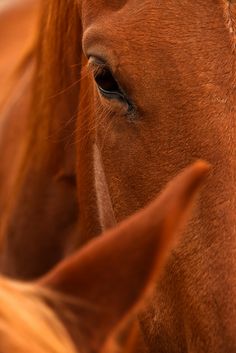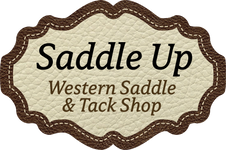The Subtly of Horses
Posted by Saddle Up on Nov 2nd 2016
The language of horses can be incredibly subtle and may take years of watching, listening and learning to be able to fully understand all that is going on with a horse. But it is possible! If you’ve ever felt lost or like you’re totally missing something when you can’t see what someone else can see, never fear! It is a language that can be learned! Here are a few pointers to help you begin to see the subtly of horse behavior.
A horse’s eyes, ears, and expression in general can tell you a lot about what is going on mentally with the horse. Many people talk about, “soft eyes” and “grumpy faces”. These are looks that happen in the horse’s eyes that with enough time and experience, you’ll be able to begin to see.
Soft eyes are when the horse is relaxed, at peace, and content. It’s hard to explain exactly what the horse’s eyes look like, but they literally look, “soft.” Soft eyes are always a good sign. It means the horse is relaxed and content.
Grumpy faces can involve pinned back ears, or on a subtler level, a look of discontent in the eyes. This could be due to several things: bad living situation, unresolved emotional/mental issues, lack of attention. Or it could be the horse doesn’t understand what it’s rider wants and is getting frustrated or something is physically uncomfortable.
Pay attention to the horse’s ears too as they can tell you whether the horse is mad or uncomfortable, if they’re pinned back. If the horse’s attention is on you one or both ears will be turned in your direction. Or if the neighbor’s cat is walking along the edge of the fence your horse may point both ears in the direction, straight and attentive to see what the cat is doing.
The horse also uses bigger things to express how he is feeling. If he’s uncomfortable or worried, he may become agitated, moving his feet, head, or tail around. Each horse may have different methods of communicating to you. The more time you spend with your horse, the more you will begin to understand what he is saying.
Remember, a calm and happy horse has no reason to be agitated. And sometimes it’s not a matter of the horse being stubborn or silly, but something deeper might be going on, mentally or physically.
Your horse talks a lot. Now it’s up to you to learn how to listen and understand.

(photo taken from Pinterest)
“There is just as much horse sense as ever, but the horses have most of it.” –Anonymous
~ Saddle Up
